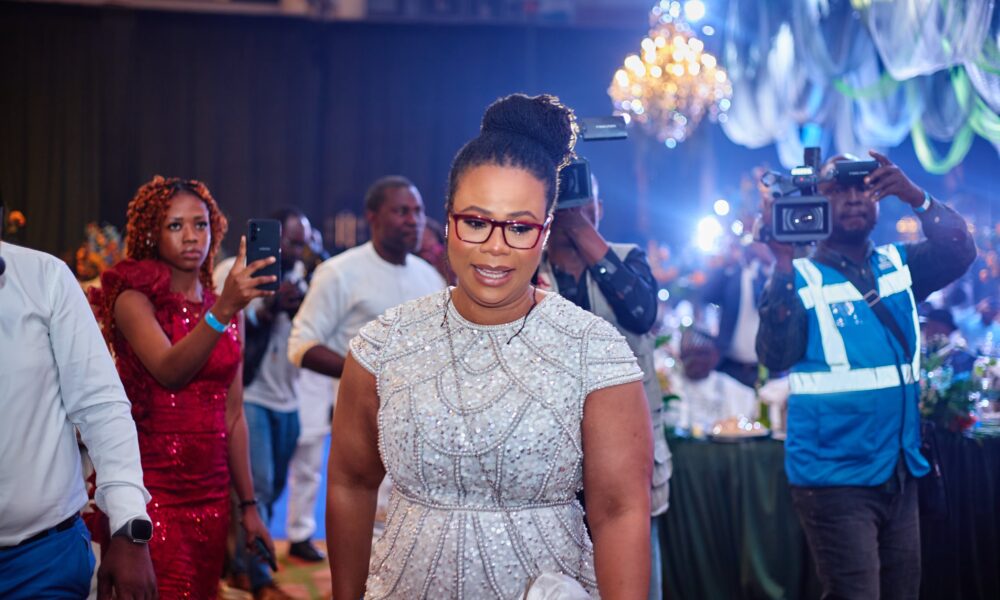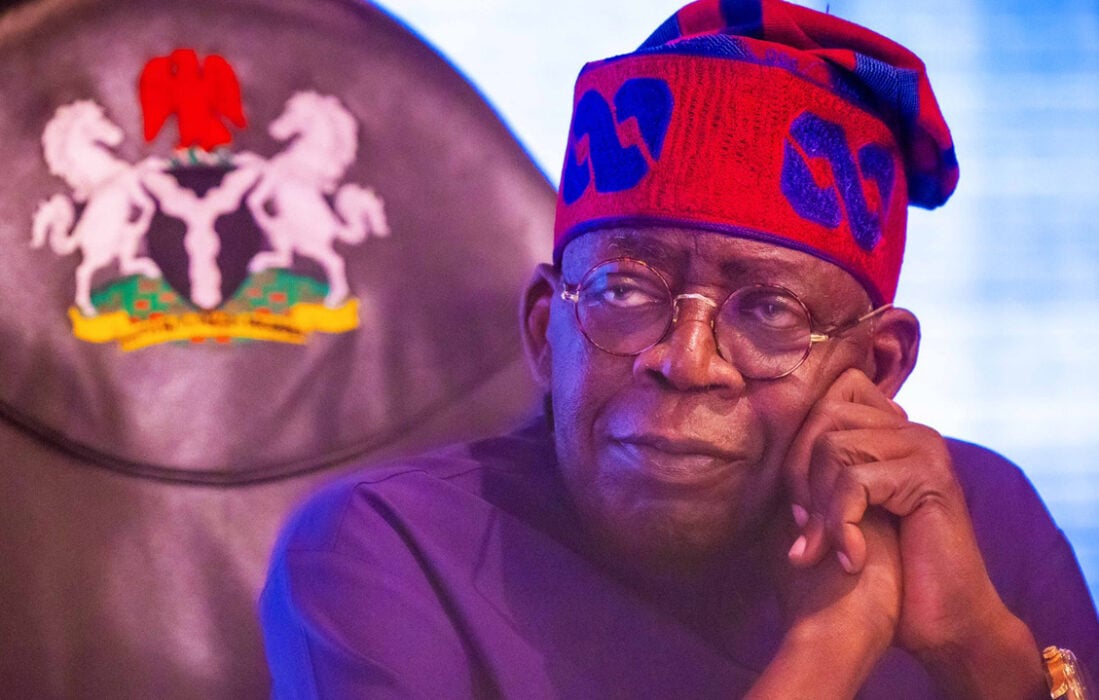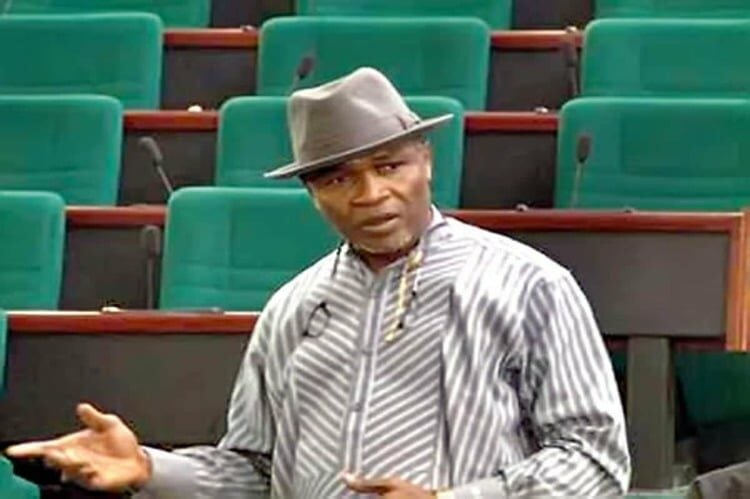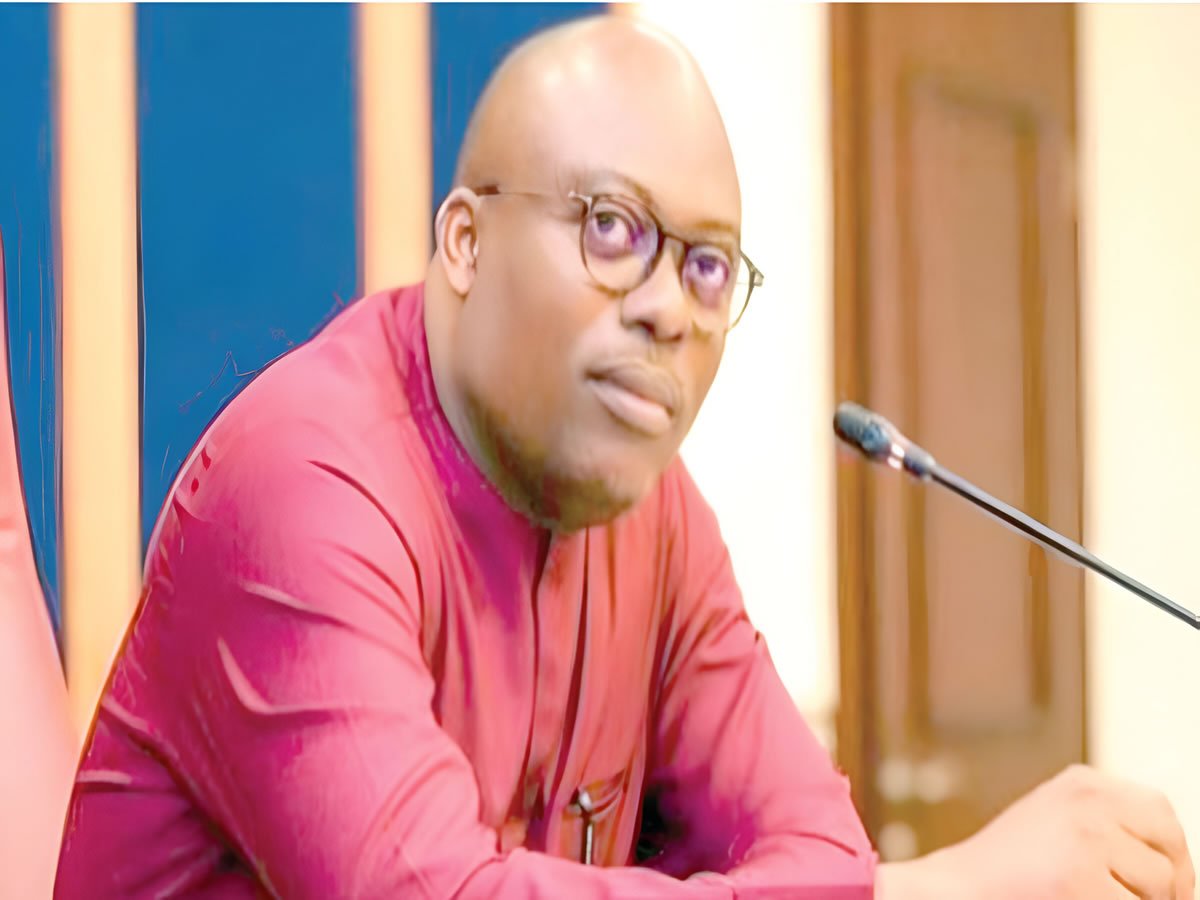Fubara's Fate in Rivers: Wike's Olive Branch, Assembly Demands, and Legal Challenges Mount

Democratic governance has officially been reinstated in Rivers State following the lifting of a six-month emergency rule imposed by President Bola Tinubu. The intervention, which began on March 18, 2024, was a response to a protracted political crisis and a breakdown in governance stemming from a rift between Governor Siminalayi Fubara and his predecessor, Nyesom Wike, who now serves as the Minister of the Federal Capital Territory (FCT). The emergency rule, which officially ended at midnight on September 17, 2024, saw the suspension of Governor Fubara, Deputy Governor Ngozi Odu, and all elected members of the State House of Assembly, with Vice Admiral Ibokette Ibas (retd) appointed as Administrator to oversee state affairs during the period.
Upon the cessation of the emergency rule, FCT Minister Nyesom Wike publicly affirmed his commitment to giving Governor Fubara a “free hand” in managing state affairs. Speaking on Channels Television's Politics Today, Wike stated unequivocally that he has no intention of recommending commissioners to the Rivers governor, refuting earlier attributions of the crisis, in part, to his alleged imposition of political appointees. He emphasized that even if Governor Fubara were to approach him for advice, he would reiterate the principle of a free hand to govern. Wike also revealed that he had spoken with Governor Fubara on Wednesday, the day before the emergency rule was lifted, expressing his belief that peace had returned to the state and stakeholders were prepared to move forward. He further doused tension regarding Governor Fubara's initial absence from the Government House on Thursday, stating that no law mandated his immediate resumption on the exact day the rule ended, and that governance does not necessitate constant physical presence in the office.
The imposition and lifting of the emergency rule drew significant reactions from various political stakeholders. Peter Obi, the 2023 Labour Party presidential candidate, condemned the Rivers State political crisis as a “misstep that should not have happened,” warning that the constitutional breach would have long-lasting effects on Nigeria’s democracy. He urged all political actors in the state to embrace peace, learn from their mistakes, and prioritize the state’s progress. Obi also commended the resilience of the Rivers people during the turbulent period.
In a strong critique, the African Democratic Congress (ADC) condemned what it termed the “cavalier manner” in which Governor Fubara was suspended and reinstated by President Tinubu. The ADC expressed dismay at what it described as President Tinubu’s attempt to disguise political brinkmanship as statesmanship, asserting that his actions would define his political legacy. The party labeled Tinubu’s decision to suspend and recall elected officials as “whimsically autocratic” and a “threat to our democracy,” viewing it as a “brazen manipulation of constitutional provisions to serve narrow political interests.” The ADC argued that governors and legislators derive their legitimacy from the people, not Aso Rock, and that only a competent court can remove them. They rejected the notion that the President’s intervention was about restoring peace, instead positing it was about asserting control and sending a warning to other state governments, concluding that the situation now clearly conveys: “I removed you, and I alone can bring you back.”
As Governor Fubara and his deputy resumed office on Thursday, the Rivers State House of Assembly immediately sprang into action at its first sitting. Presided over by Speaker Martin Amaewhule, the House urged Governor Fubara to promptly forward a list of commissioner nominees for screening and confirmation, and to begin preparing an Appropriation Law for the remainder of the year. The Assembly also resolved to investigate the income and expenditure incurred by the Sole Administrator, Vice Admiral Ibok-Ete Ibas, during the six-month emergency rule. Meanwhile, Vice Admiral Ibas formally handed over to the reinstated Governor Fubara, issuing a broadcast where he rallied support for the governor. Ibas highlighted accomplishments during his tenure, including the restoration of law and order, conduct of local government elections, reconstitution of boards, and the passage of the state budget by the National Assembly, asserting that these milestones reflected the resilience of the people. He concluded by urging all Rivers people to support Governor Fubara wholeheartedly, emphasizing that “exercise of power without restraint can cripple institutions and rivalry without dialogue clearly endangers democracy.”
Anticipation built in Port Harcourt on Thursday, with a large crowd gathering at the Government House environs from early morning, awaiting Governor Fubara’s return. Although he did not appear by late afternoon, Governor Fubara eventually arrived at the Government House later, accompanied by his wife, Valerie, and Chief of Staff, Edison Ehie. He briefly addressed his supporters, expressing his humility and gratitude for their immense show of love. The Governor is expected to make his first state-wide broadcast to the people of Rivers State on Friday evening, scheduled for 6:00 pm on the state-owned television station.
In light of the restored democratic order, the Rivers Elders and Leaders Forum (RIVELF) called on all political actors in the state to embrace reconciliation, forgiveness, and unity. Dr. Gabriel Toby, acting chairman of RIVELF, welcomed the reinstatement of the Governor, Deputy Governor, and members of the State House of Assembly as a “unique opportunity to reset and rebuild.” He urged leaders to put aside bitterness, rebuild confidence, and recommit to accountability, transparency, and integrity, emphasizing that governance must prioritize the welfare and interests of Rivers people. RIVELF stressed that “division weakens us; unity strengthens us” and appealed to citizens to remain calm, reject violence, and resist attempts to sow division, underscoring that the state’s future depends on collective resolve to overcome challenges.
You may also like...
Super Eagles Narrow Escape: Cracked Windscreen Forces Terrifying Emergency Landing Mid-Flight
)
The Super Eagles' travel to Uyo for their vital World Cup qualifier against Benin Republic has been delayed after their ...
Chelsea & Liverpool Legends Brawl: Diego Costa's Wild Foul Steals Show, Mikel Obi Shines

In a captivating Chelsea vs. Liverpool Legends charity match at Stamford Bridge, Ryan Babel scored a late winner for Liv...
Spidey-Verse Expands! 'Your Friendly Neighborhood Spider-Man' S2 Drops Fall 2026, Unveiling Venom & Gwen Stacy!

Marvel Animation announced that “Your Friendly Neighborhood Spider-Man” Season 2 will launch on Disney+ in fall 2026. Th...
Bloody Brawls & Fan Favorites Return! 'Daredevil: Born Again' Season 2 Footage Shocks MCU Fans

The highly anticipated second season of <em>Daredevil: Born Again</em> is set to premiere on Disney+ in March 2026, brin...
Questlove Accepts Peabody Trailblazer Award, Declares 'Joy Is Rebellion'

Ahmir “Questlove” Thompson was honored with the 2025 Peabody Trailblazer Award for his impactful storytelling and advoca...
Tragic Loss: Argentine Singer Fede Dorcaz Fatally Shot Before TV Debut

Argentine singer, actor, and model Fede Dorcaz, 29, was fatally shot in Mexico City in what authorities suspect was an a...
Strictly Sensation: Tess Daly Wows in Stunning One-Shoulder Dress

Strictly Come Dancing presenter Tess Daly made a stylish impression in a Karen Millen one-shoulder ruched maxi dress, in...
Literary Star Shines Bright: Oyin Olugbile Bags $100k Nigeria Prize!

Oyin Olugbile has been named the winner of the 2025 Nigeria Prize for Literature for her debut novel, “Sanya.” This pres...




